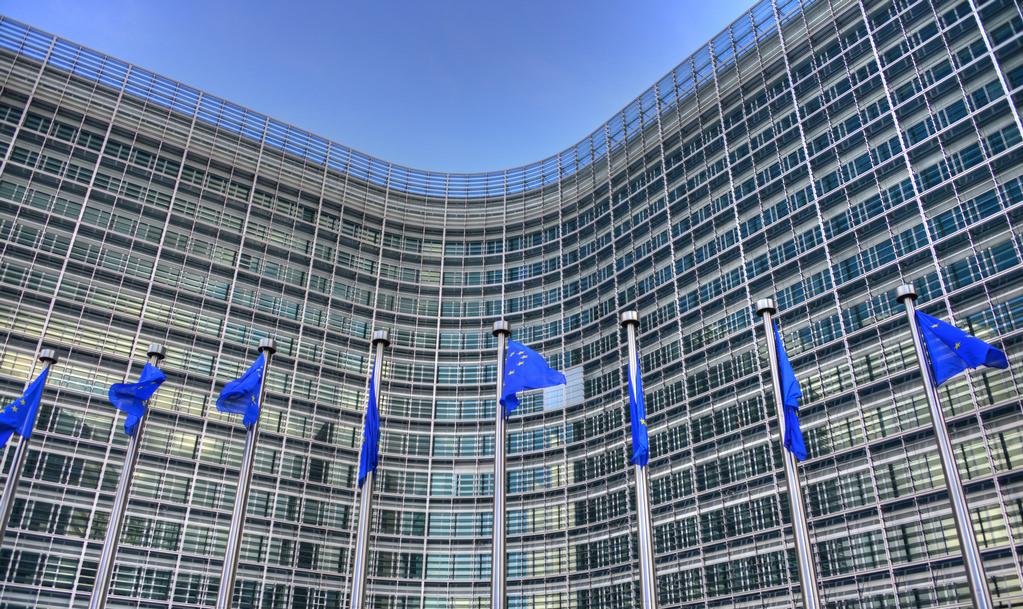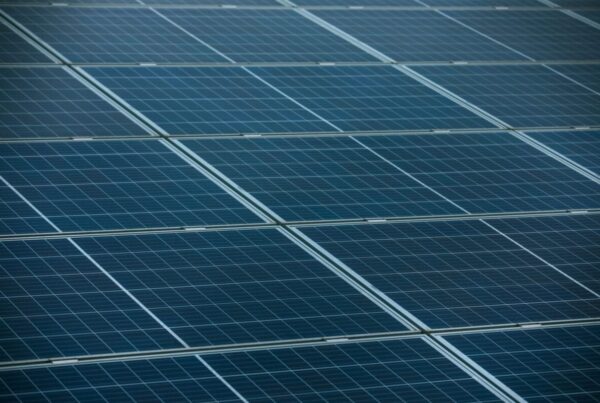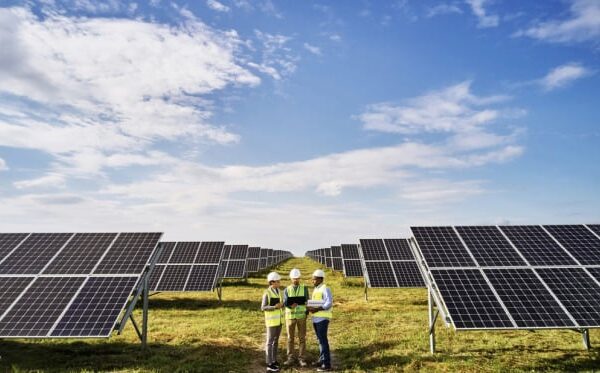
“We all agree that we need a policy that safeguards the speeding up of our solar PV deployment, but also preserves a competitive and sustainable and innovative EU industrial base,” she said.
In a letter to EU member states’ energy ministers attending the Council, Simson and EU industry commissioner Thierry Breton suggested a number of actions, including that states could deploy more national aid to support solar manufacturing projects and hold state auctions with non-price criteria for solar modules, like carbon footprint and ethical labour certifications, which generally favour EU manufacturers over their Chinese counterparts.
Simson said that these suggestions found support from industry representatives today, and continued: “I will now work on a solar power pledge, where member states and stakeholders would commit to take concrete action to support our production here in Europe.”
Specifics of the proposed plan, or details of when it could be expected, were not provided.
Last week, EU countries voted to reject a proposed supply chain audit directive that would require companies importing to the EU market to investigate their own supply chains for unethical labour practices and carbon emissions levels. According to reporting from Reuters, Germany’s Free Democratic Party (FDP) led the opposition to the proposal on the grounds that supply chain auditing would burden businesses with excessive bureaucracy.
Saving EU solar manufacturing
The proposals under discussion today appear to be more “carrot” than “stick” – rather than punitive measures around supply chains or trade tariffs that would potentially stem the flow of largely Chinese-made modules to Europe, the focus was on state-sponsored support for EU-made products.
In its vote on the Net Zero Industry Act (NZIA) in November 2023, the European Parliament accepted proposals to incentivise domestically made solar products in auctions and tenders, including the notion of a local content requirement, as part of the bloc’s commitment to fulfil 40% of its renewable energy capacity with European equipment.
Currently, almost all of the EU’s solar supply comes from China.
In an exhibition of the difficulty surrounding the two concerns that Simson highlighted today – to simultaneously ‘speed up our solar deployment’ and ‘preserve a competitive manufacturing base’ – trade bodies SolarPower Europe and the European Solar Manufacturing Council (ESMC) reacted differently to the notion of domestic content requirements.
Dries Acke, policy director at SolarPower Europe, called the notion an “ugly turn”, whilst the ESMC said that it “congratulates” the move.
Im January 2023, PV Tech Premium spoke with Johan Lindahl, secretary general of the ESMC, who said: “We’re about to lose the whole European PV manufacturing industry” without effective legislative support.
Not all forecasts are quite so stark; PV Tech head of research Finlay Colville wrote last month that the opportunity for PV equipment and material suppliers, as well as technological innovation, is still very much alive in Europe.





